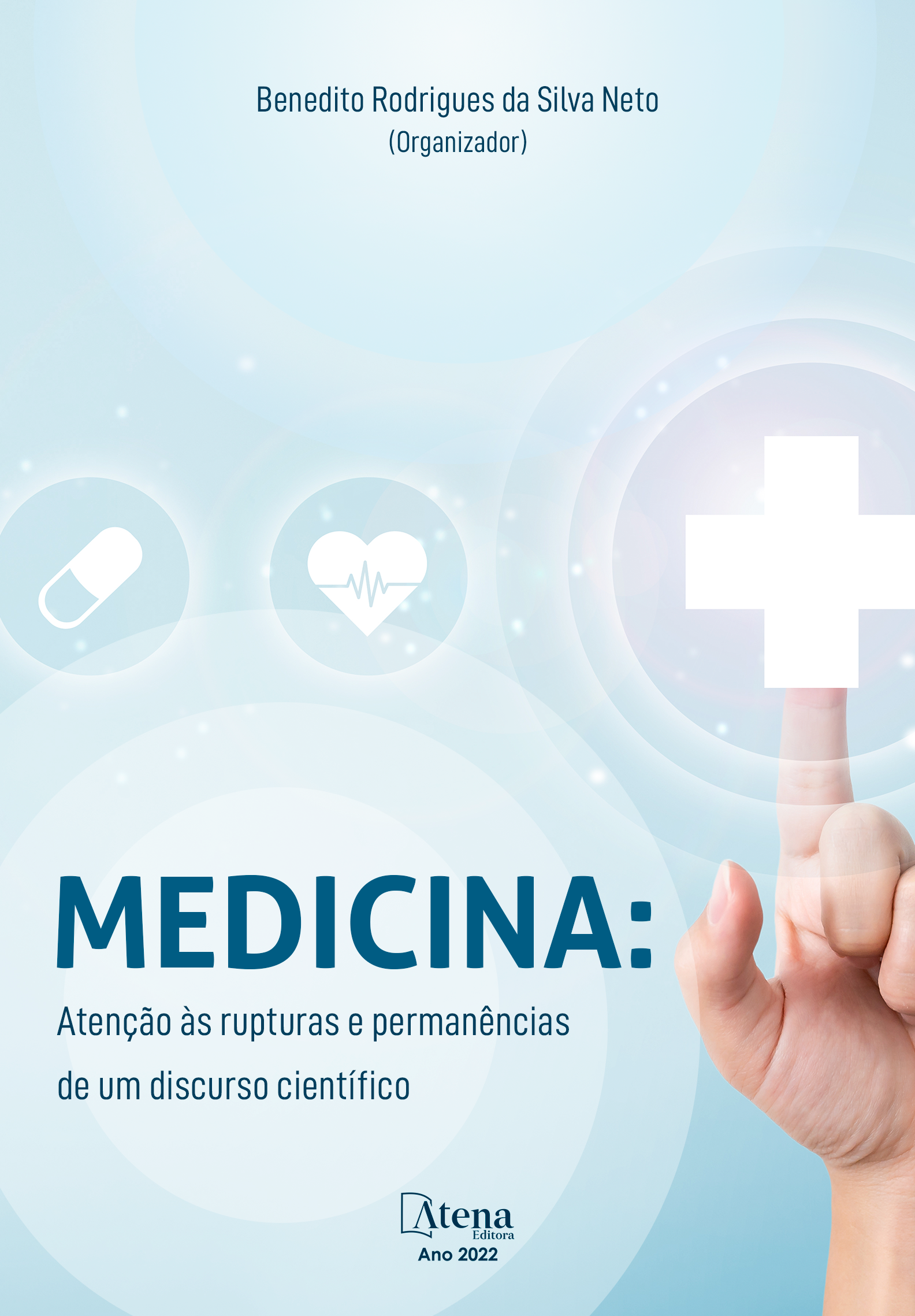
SOBREVIVENTES DO CÂNCER INFANTIL: SEGUIMENTO AMBULATORIAL DE EFEITOS TARDIOS DO TRATAMENTO ANTINEOPLÁSICO
A oncologia pediátrica tem avançado muito nas últimas décadas, graças à melhora no diagnóstico e tratamento oferecidos, possibilitando maiores taxas de cura e sobrevida aos pacientes. Em contrapartida, os pacientes sobreviventes de câncer infantil têm uma longa jornada à vista, repleta de consultas e exames, com o intuito de diagnosticar precocemente possíveis intercorrências, como recidivas ou efeitos adversos tardios do tratamento antineoplásico. O objetivo geral deste trabalho foi desenvolver uma revisão integrativa da literatura sobre o seguimento ambulatorial de efeitos tardios do tratamento antineoplásico em pacientes sobreviventes de câncer infantil, utilizando-se abordagem qualitativa. A pesquisa foi realizada pela internet na base de dados PubMed (Library of Medicine), com artigos completos, disponíveis na íntegra, de acesso livre on-line, publicados nos últimos dez anos. Foram estudados 20 artigos sobre o tema e os principais resultados foram: 1) os pacientes sobreviventes de câncer infantil, em sua maioria, obtêm a cura da doença, mas devido ao tratamento pregresso (quimioterapia, radioterapia, cirurgia, transplante de medula óssea) apresentam uma maior chance de desenvolver outras patologias; 2) é fundamental que ocorra um acompanhamento médico ambulatorial dos pacientes, por tempo determinado pelos protocolos assistenciais, de acordo com o tipo de câncer infantil e/ou toxicidade apresentada. A oncologia pediátrica é um vasto campo de estudo, com significativos avanços no diagnóstico e tratamento das crianças. O caminho é longo e requer um olhar atento de toda equipe de saúde assistente até a alta definitiva do paciente.
SOBREVIVENTES DO CÂNCER INFANTIL: SEGUIMENTO AMBULATORIAL DE EFEITOS TARDIOS DO TRATAMENTO ANTINEOPLÁSICO
-
DOI: 10.22533/at.ed.67222220817
-
Palavras-chave: Oncologia pediátrica; Ambulatório de seguimento de efeitos adversos tardios.
-
Keywords: pediatric oncology; outpatient follow-up of late adverse effects.
-
Abstract:
Pediatric oncology has advanced a lot in recent decades, thanks to improved diagnosis and treatment, enabling higher cure rates and patient survival. On the other hand, childhood cancer survivor patients have a long journey ahead, full of consultations and exams, with the aim of early diagnosing possible complications, such as recurrences or late adverse effects of anticancer treatment. The general objective of this study was to develop an integrative review of the literature on outpatient follow-up of late effects of anticancer treatment in childhood cancer survivors, using a qualitative approach. The search was carried out over the internet in the PubMed (Library of Medicine) database, with full articles, available in full, with free access online, published in the last ten years. Twenty articles on the subject were studied and the main results were: 1) the majority of survivors of childhood cancer are cured of the disease, but due to previous treatment (chemotherapy, radiotherapy, surgery, bone marrow transplantation) they present a greater chance of developing other pathologies; 2) it is essential that an outpatient medical follow-up of the patients occurs, for a time determined by the care protocols, according to the type of childhood cancer and/or toxicity presented. Pediatric oncology is a vast field of study, with significant advances in the diagnosis and treatment of children. The path is long and requires a watchful eye from the entire healthcare team until the patient is definitively discharged.
-
Número de páginas: 15
- Bibiana Fernandes Trevisan
- Aline Tigre
- Liege Segabinazzi Lunardi
- Flávia Giendruczak Da Silva
- Ingrid Da Silva Pires
- Letícia Toss
- Yanka Eslabão Garcia
- Ana Paula Wunder Fernandes
- Paula de Cezaro
- Adelita Noro
- Vanessa Belo Reyes
- Adriana Maria Alexandre Henriques


